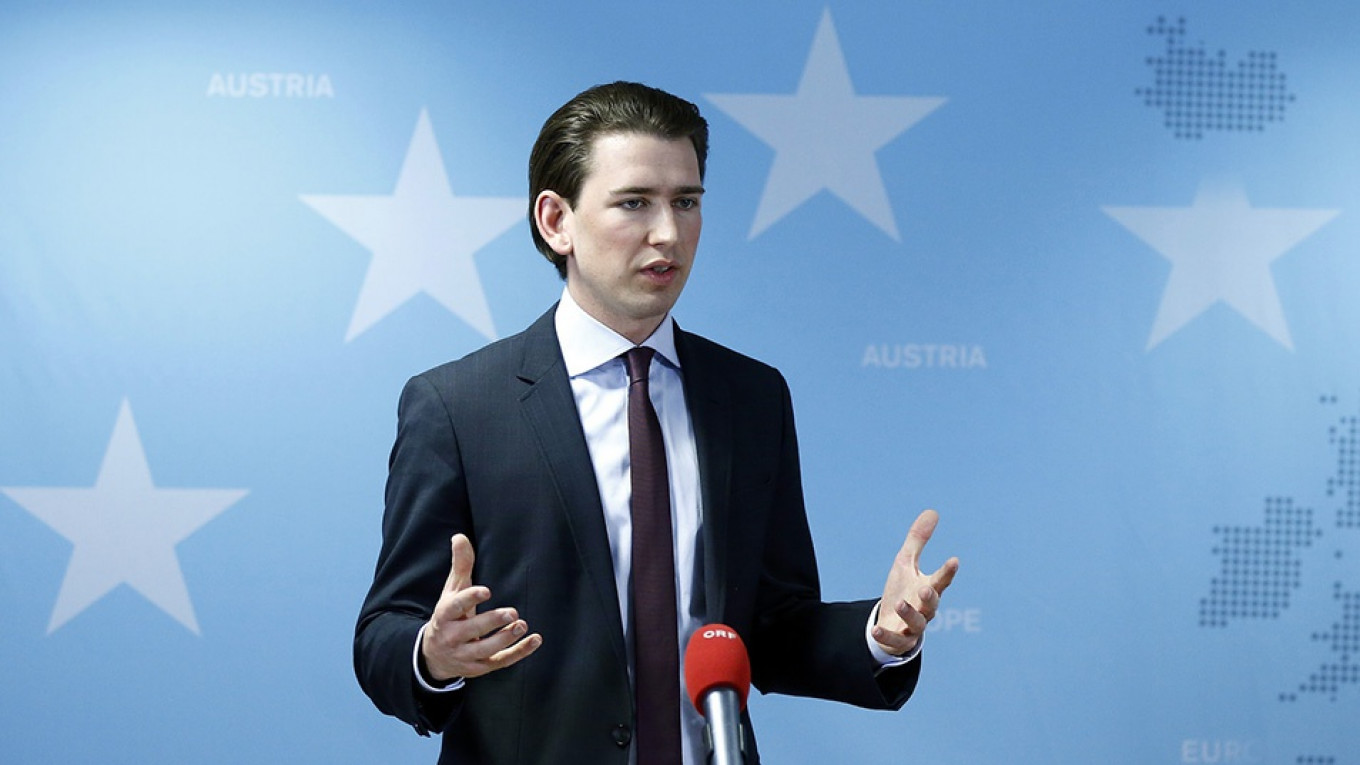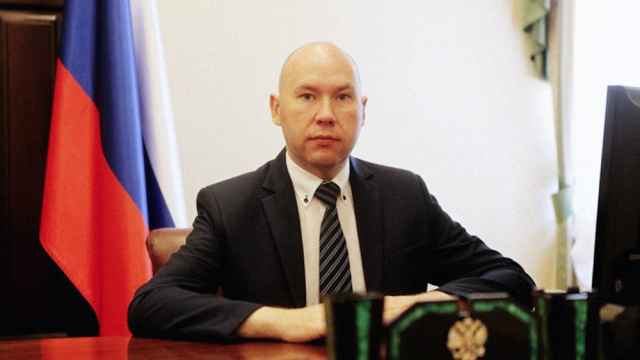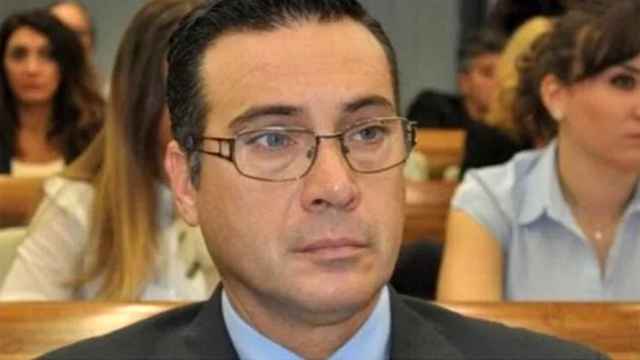The trial of a retired Austrian army colonel accused of spying for Russia for decades opened on Monday and was ordered to be held behind closed doors on national security grounds.
The 71-year-old defendant, who has not been named, is accused of having provided "comprehensive information" on a range of military aspects to Moscow, above all on weapons systems and how tasks were assigned within the armed forces, prosecutors have said.
"He says no, at no point did he betray any military or state secrets," defense lawyer Michael Hofer told reporters before the trial in the city of Salzburg opened. Hofer said his client describes himself as a patriot.
After the defendant entered the court, wearing a suit and carrying a bundle of papers under his arm, the presiding judge ordered that the trial be held behind closed doors on national security grounds, and the public gallery was cleared.
Prosecutors say that in the course of his at least 25-year career as a spy for Russian GRU military intelligence, with which he first came into contact during a foreign assignment in 1987, he was paid hundreds of thousands of euros.
The case has been embarrassing for neutral Austria, which under conservative Chancellor Sebastian Kurz has positioned itself as one of Russia's closest allies in the European Union while saying it wants to be a bridge between east and west.
Austria was in the minority of European Union states not to expel any Russian diplomats over the poisoning in Britain of Russian former spy-turned-British-mole Sergei Skripal and his daughter, which London blames on Moscow. Russia denies the accusation.
Asked about the nature of his client's relationship with a Russian military official who prosecutors say was his GRU handler, Hofer said: "It developed out of an acquaintance, a friendship, a collegiality, that there was originally interest in how he sees the world."
He added that his client gathered the information for the Russian man, who had a "language barrier", apparently suggesting the Russian needed help understanding information in German.
"He (the defendant) says he felt more like a foreign correspondent," Hofer said.
His client faces up to 10 years in prison, according to a court statement. Five days in March have been set aside for the trial. It is unclear when a verdict will be reached.
A Message from The Moscow Times:
Dear readers,
We are facing unprecedented challenges. Russia's Prosecutor General's Office has designated The Moscow Times as an "undesirable" organization, criminalizing our work and putting our staff at risk of prosecution. This follows our earlier unjust labeling as a "foreign agent."
These actions are direct attempts to silence independent journalism in Russia. The authorities claim our work "discredits the decisions of the Russian leadership." We see things differently: we strive to provide accurate, unbiased reporting on Russia.
We, the journalists of The Moscow Times, refuse to be silenced. But to continue our work, we need your help.
Your support, no matter how small, makes a world of difference. If you can, please support us monthly starting from just $2. It's quick to set up, and every contribution makes a significant impact.
By supporting The Moscow Times, you're defending open, independent journalism in the face of repression. Thank you for standing with us.
Remind me later.






